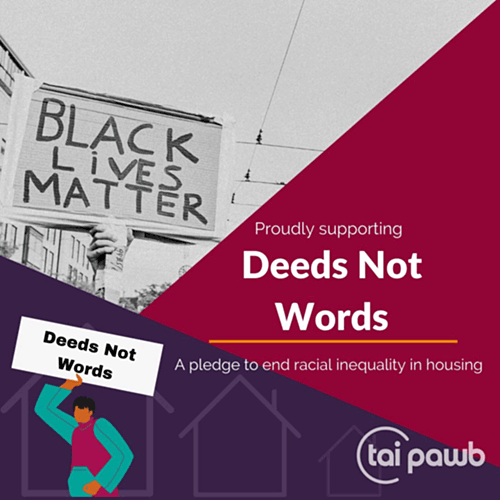Fire Safety
Fire Safety
To keep you safe in the event of a fire, it is important to know the basic steps you need to take.
Here are some tips:
- Test your smoke alarm weekly by pressing the test button on the detector.
- Plan how you would get out if there was a fire in your home. Get to know your building’s evacuation plan and contact Newydd if you are unsure of anything.
- Remember to close all doors, switch off and unplug unused electrical appliances such as TV's. Keep your phone and any mobility aids close by.
- Make sure candles are not lit or near anything that could catch fire.
- Do not cover heaters. It’s not uncommon for people to dry clothes but this presents a fire risk through overheating.
- Use a maximum of one plug in each socket and avoid using extension cables.
- Make sure you put out and dispose of cigarettes properly and keep matches and lighters away from children.
Fire safety in blocks of flats
As your landlord, we conform to The Regulatory Reform (Fire Safety) Order 2005 and the Fire safety Act 2021. We will:
- Undertake and review regularly a fire risk assessment of communal blocks of flats and ‘walk-up’ flats.
- Manage and maintain fire detections systems and equipment to ensure they activate as designed in the event of a fire.
- Test and inspect the electrical installations within your home by a qualified and competent person at least every five years.
- Fit carbon monoxide alarms in all rooms that contain a fossil fuel-burning appliance owned by the association; Note for gas cooking appliances, it is the responsibility of the tenant to maintain and service gas cookers by appointing a Gas Safe Registered engineer visit www.gassaferegister.co.uk to find a local registered engineer or phone 0800 408 5500. Newydd will only perform a visual inspection on any gas cooking appliances.
- Your smoke alarm / CO Alarm will be checked by us on the annual service to your heating system.
- If you live in one of our independent living schemes, then your Independent Living Officer will complete a Person-Centred Fire Risk Assessment (PCFRA) to ensure you and the Fire Service have the correct support in place in the event of an emergency.
- Ensure suitable escape routes are available, kept clear and maintained to allow a safe exit from the building. Our Estate Officers, Surveyors and Housing Officers are regularly around to collaboratively ensure this happens, but we need your help too.
It is also important that you understand the basic steps to protect you, your neighbours, and your home. Your responsibilities include:
- Keeping communal areas clear of all items at all times should you live in a block of flats. You place risk on yourself, your neighbours and fire rescuer’s ability to safely evacuate the building when storing items in protected routes.
- Mobility scooters must not be stored within communal areas or obstruct escape routes. Batteries chargers and scooters must be maintained in accordance with the manufacturer’s instructions.
- Remember to close all doors. Don’t prop open fire doors in communal areas or remove internal doors or door closures in your home because these help to stop the fire from spreading.
- Test your smoke and carbon monoxide alarm weekly, do not disconnect, paint over or remove the battery. You can test your alarm by pressing the test button until the alarm sounds. The alarm should stop sounding after you take your finger off the button. If your alarm does not seem to be working properly and you have tried changing the battery, please report it to us immediately.
- Plan how you would get out if there was a fire in your home. Get to know your building’s evacuation plan.
- Report to us if you notice any damage to the building. For example, a damaged fire door.
- Before doing any DIY, check with us so that we can provide you with assurance that this will not affect any of the fire safety features in your home.
To read more about fire safety, please read this leaflet from the UK Government.
If you live in a block of flats and would like information on your building’s evacuation strategy, then please contact us on 0303 040 1998.
















